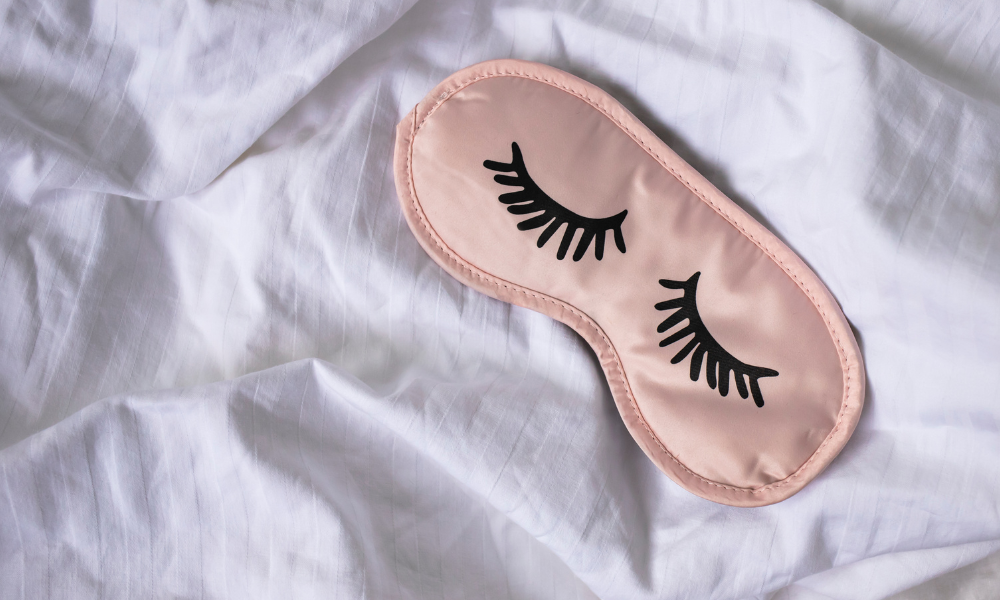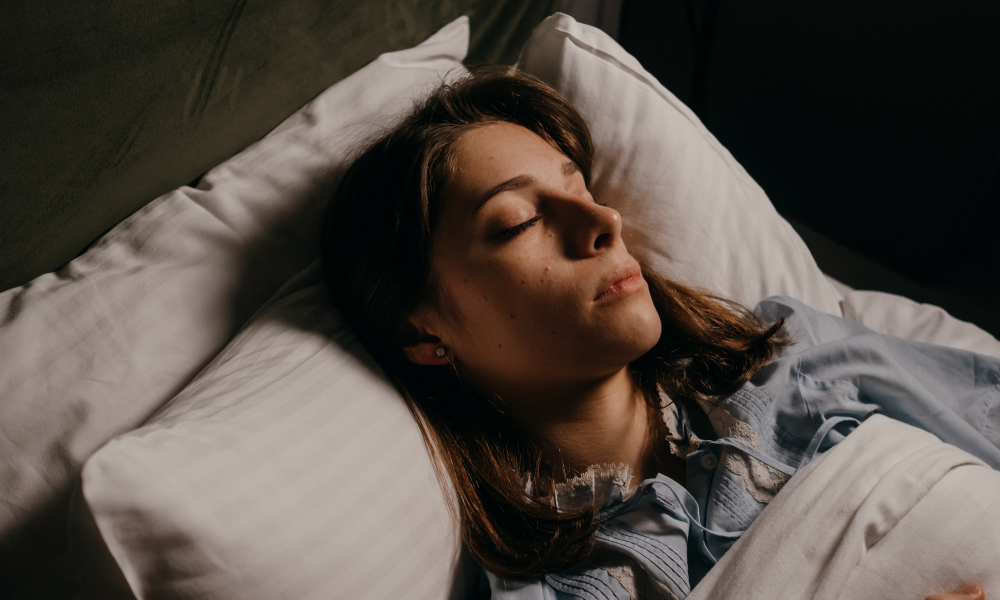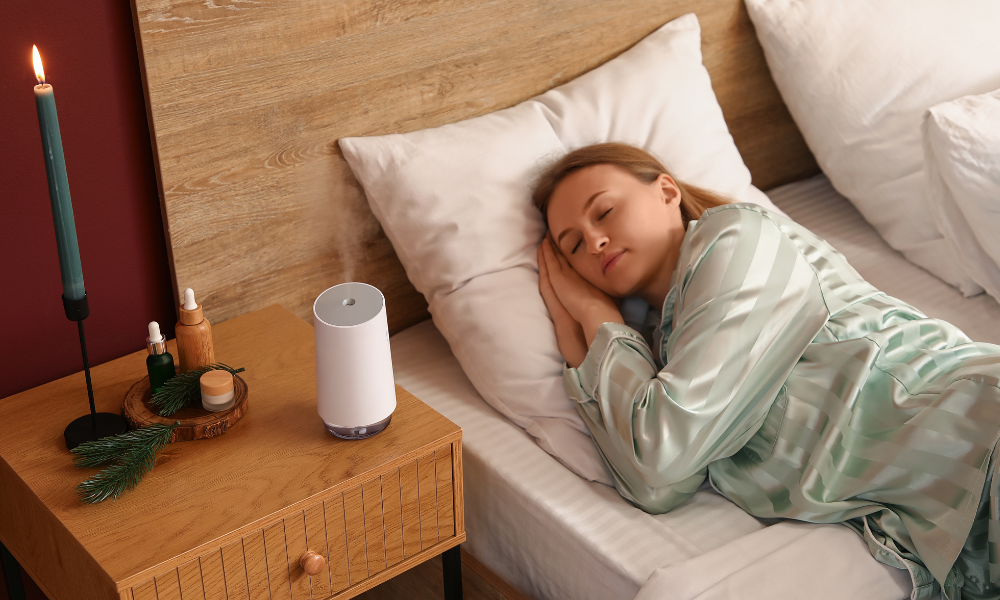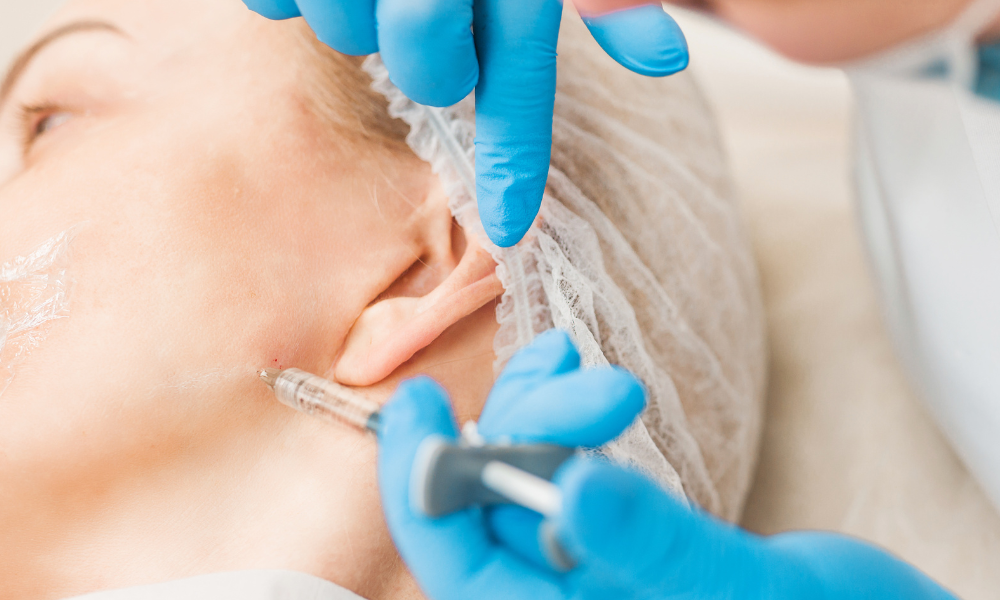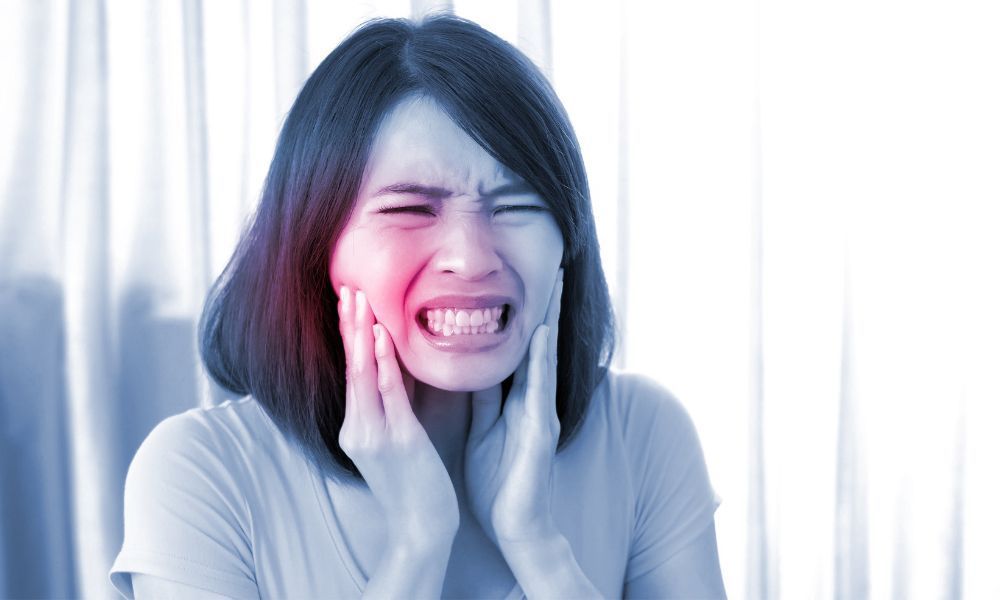
Orofacial pain conditions, such as temporomandibular joint disorders (TMD/TMJ), myofascial pain, atypical tooth pain, trigeminal nerve disorders, and neurovascular and neuropathic pain, can significantly impact an individual's quality of life. Managing these conditions often involves a combination of conservative treatments, medications, and therapeutic interventions. However, the growing field of low-level laser therapy (LLLT) presents a promising, non-invasive option for managing orofacial pain and promoting healing. This innovative treatment modality has demonstrated potential for alleviating pain, reducing inflammation, and accelerating tissue repair, all without the need for invasive procedures or the risk of significant side effects.
Low-level laser therapy, also known as photobiomodulation therapy or cold laser therapy, utilizes specific wavelengths of light to penetrate targeted tissues, stimulating cellular processes that promote healing and pain relief at the cellular level. It differs from traditional laser therapy, which typically involves high-power lasers that produce heat and can create thermal tissue damage. LLLT is a non-thermal, pain-free treatment modality that harnesses the power of light to optimize treatment outcomes and help patients manage their orofacial pain conditions more effectively.
Dr. Bloxham at the Columbia Center for Sleep Apnea and TMJ is dedicated to providing comprehensive and cutting-edge treatment options for individuals suffering from orofacial pain conditions. Low-level laser therapy is a key component of this commitment, offering patients an evidence-based, non-invasive solution that complements traditional treatments in a well-rounded pain management strategy.
In the following sections, we will delve deeper into the science behind low-level laser therapy, discussing the mechanisms of action, applications in the treatment of orofacial pain conditions, practical considerations for incorporating LLLT into individual treatment plans, and the value of this innovative treatment modality for patients seeking effective, non-invasive options for managing their orofacial pain. Equipped with knowledge and understanding, you will be better prepared to navigate the complexities of orofacial pain management and make empowered decisions about your unique treatment needs.
The Science Behind Low-Level Laser Therapy
- Mechanism of Action
Low-level laser therapy works by emitting low-power, non-thermal light at specific wavelengths, which penetrates targeted tissues without causing damage. The application of this light energy promotes cellular synthesis of adenosine triphosphate (ATP), stimulating cell proliferation, tissue regeneration, and inflammation reduction. - Cellular Processes
LLLT stimulates cellular processes by activating photoreceptors within cells, leading to the activation of signaling pathways and upregulation of growth factors and anti-inflammatory proteins. This cascade of cellular reactions results in reduced pain, improved cellular function, and expedited tissue repair.
Applications in the Treatment of Orofacial Pain Conditions
- Temporomandibular Joint Disorders (TMD/TMJ)
Low-level laser therapy has been shown to be effective in reducing pain and inflammation in patients with TMD/TMJ. By targeting the temporomandibular joint and surrounding tissues, LLLT can help relieve the muscle tension and joint discomfort often associated with these disorders. - Myofascial Pain and Trigger Points
LLLT can also be used to treat myofascial pain by targeting areas of muscular tension or trigger points. The laser energy helps to release muscle spasms, increase blood flow, and reduce inflammation, providing pain relief and improved range of motion. - Atypical Tooth Pain and Trigeminal Neuralgia
Low-level laser therapy may help manage atypical tooth pain and trigeminal neuralgia by targeting the affected nerves and reducing inflammation. LLLT can also promote the release of endorphins, which provide natural pain relief. - Neurovascular and Neuropathic Pain
LLLT's ability to reduce inflammation and promote tissue repair may be beneficial for individuals with neurovascular or neuropathic pain conditions. By targeting damaged nerves and reducing inflammation, LLLT can help alleviate pain and promote healing.
Incorporating LLLT into Your Pain Management Strategy
- Consult With Your Healthcare Provider
Before incorporating low-level laser therapy into your treatment plan, consult with your healthcare provider to determine if LLLT is appropriate for your specific orofacial pain condition. Discuss your symptoms, pain levels, and treatment goals to ensure that LLLT is a suitable addition to your pain management strategy. - Follow Treatment Recommendations
Adherence to LLLT treatment recommendations is essential for optimal results. This typically involves attending regular treatment sessions and following any home care recommendations provided by your healthcare provider. Consistency is key to maximizing the benefits of low-level laser therapy. - Monitor Your Progress
Keep track of your progress throughout your LLLT treatment journey. Regularly update your healthcare provider on your symptoms, pain levels, and any changes you notice during treatment. This information can help your provider adjust your treatment plan as needed to ensure the best possible outcomes.
The Value of LLLT for Managing Orofacial Pain
- Non-Invasive and Pain-Free
Low-level laser therapy provides a non-invasive, pain-free alternative to more invasive treatments for orofacial pain. This offers patients a comfortable and accessible treatment option. - Limited Side Effects
Because LLLT is non-thermal and doesn't damage tissues, the risk of significant side effects is minimal, making it a safe option for most individuals. - Holistic Approach
LLLT complements traditional treatments for orofacial pain conditions, offering a holistic approach to pain management that encourages the body's natural healing processes.
Conclusion
Low-level laser therapy presents a non-invasive, evidence-based solution for managing orofacial pain conditions. By promoting cellular function, reducing inflammation, and encouraging tissue repair, LLLT complements traditional pain management strategies to help individuals achieve improved comfort and quality of life. Consult with a knowledgeable healthcare provider, such as Dr. Bloxham at Columbia Center for Sleep Apnea and TMJ, to determine if low-level laser therapy is a suitable addition to your personalized pain management plan. Contact us today for more information on our
TMJ treatment in Richland.
